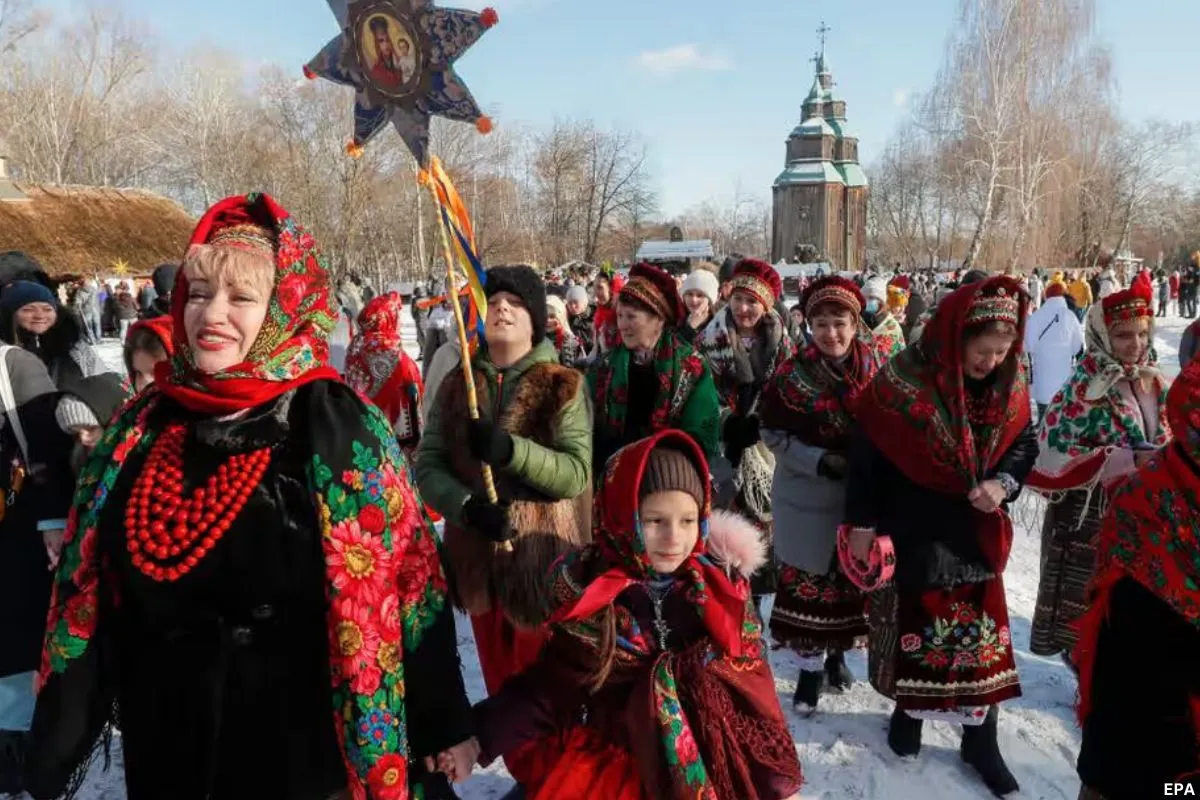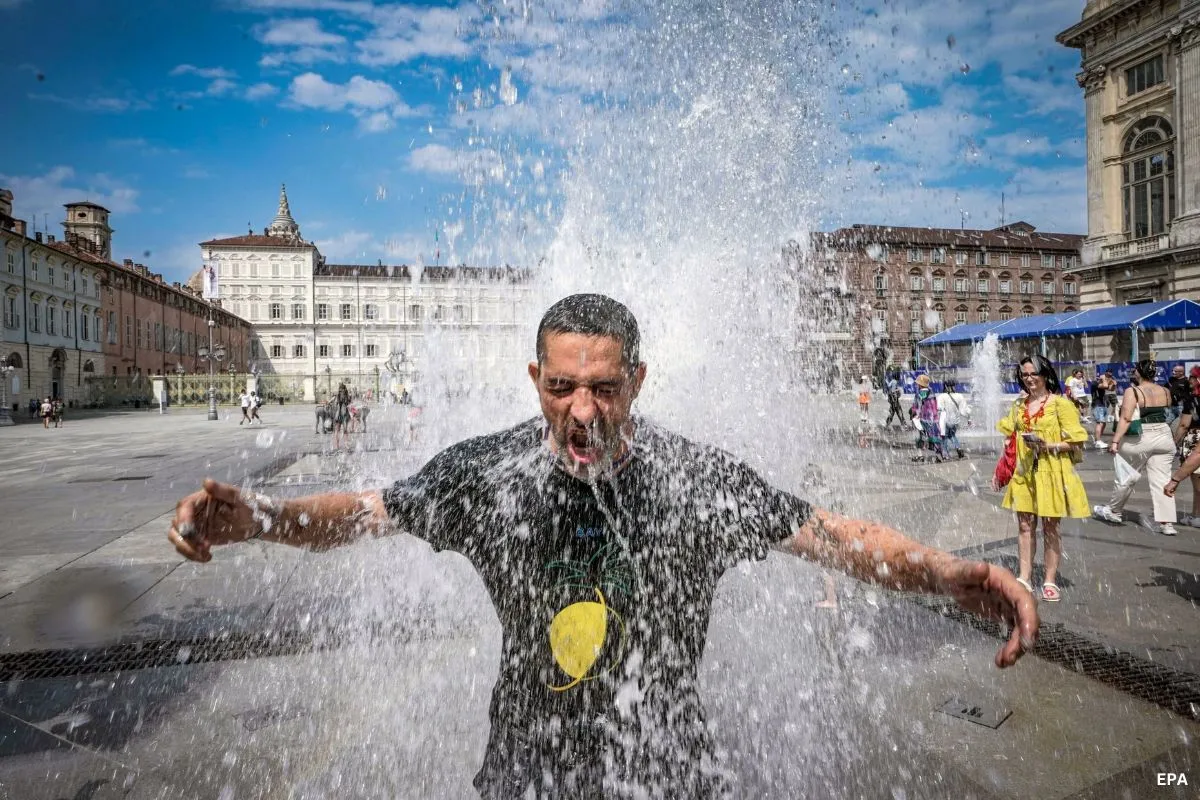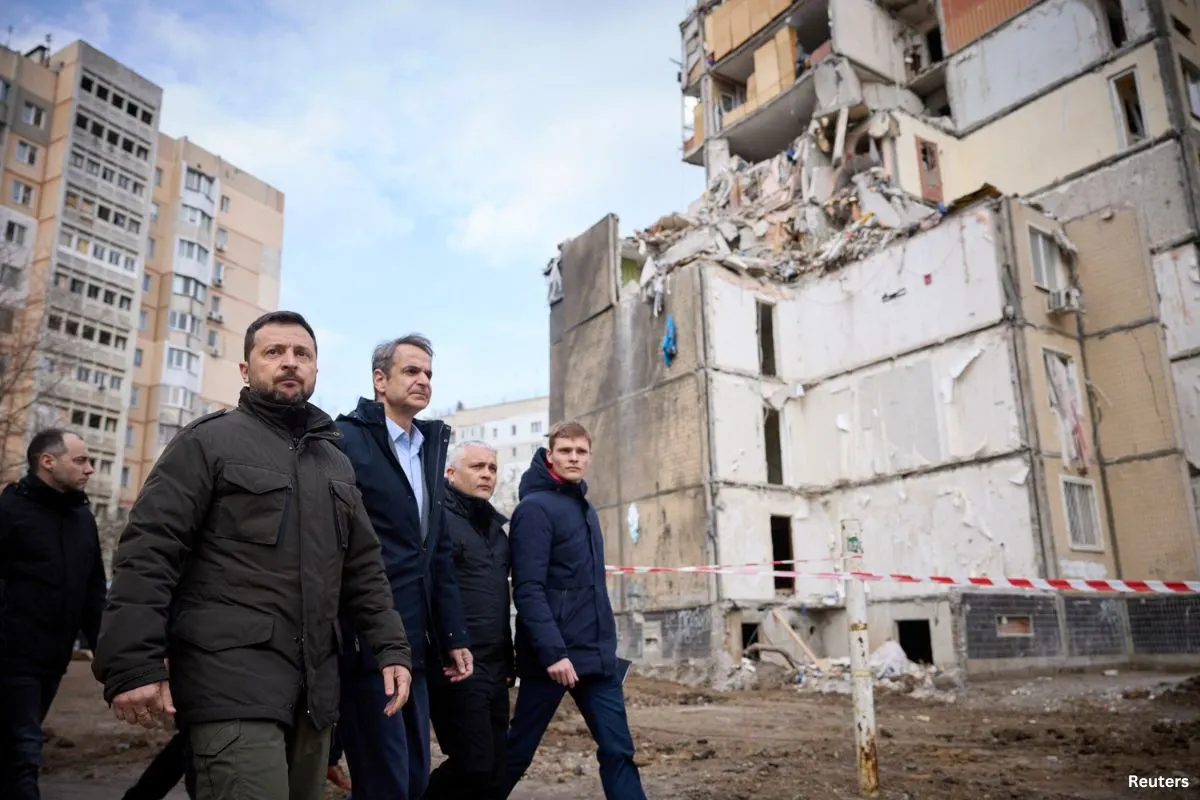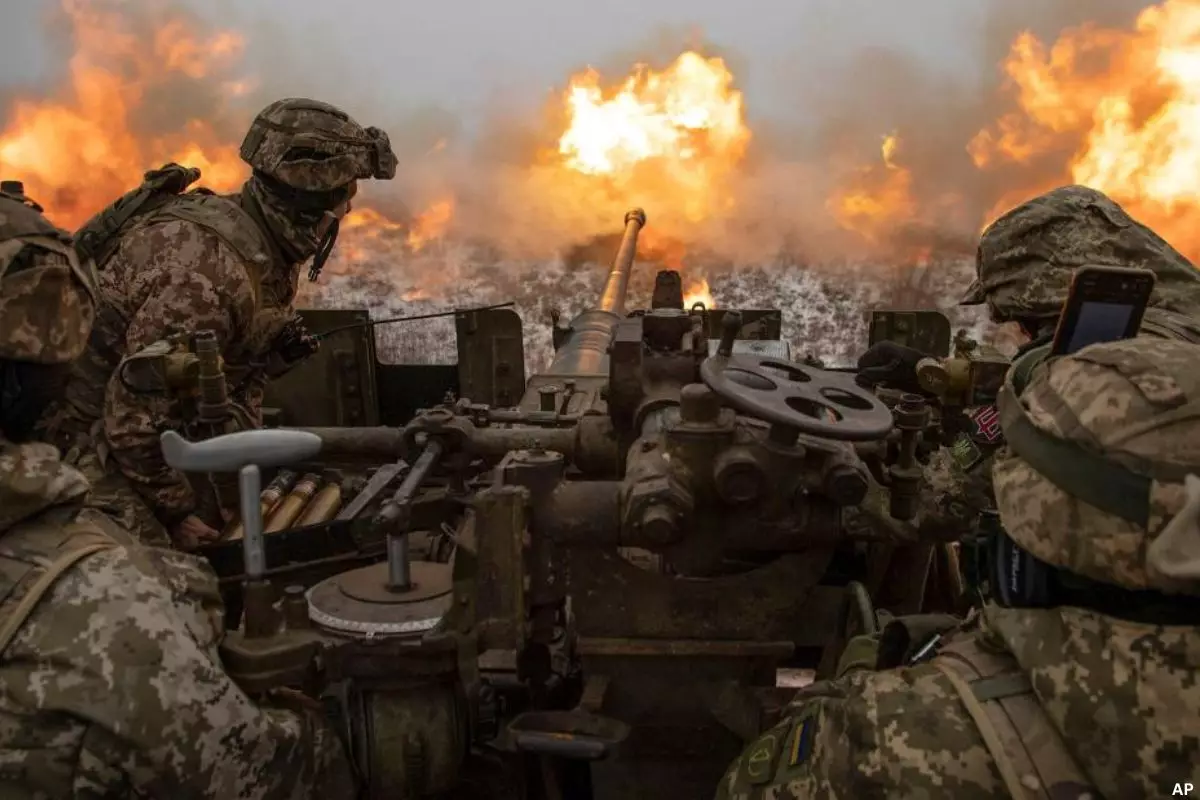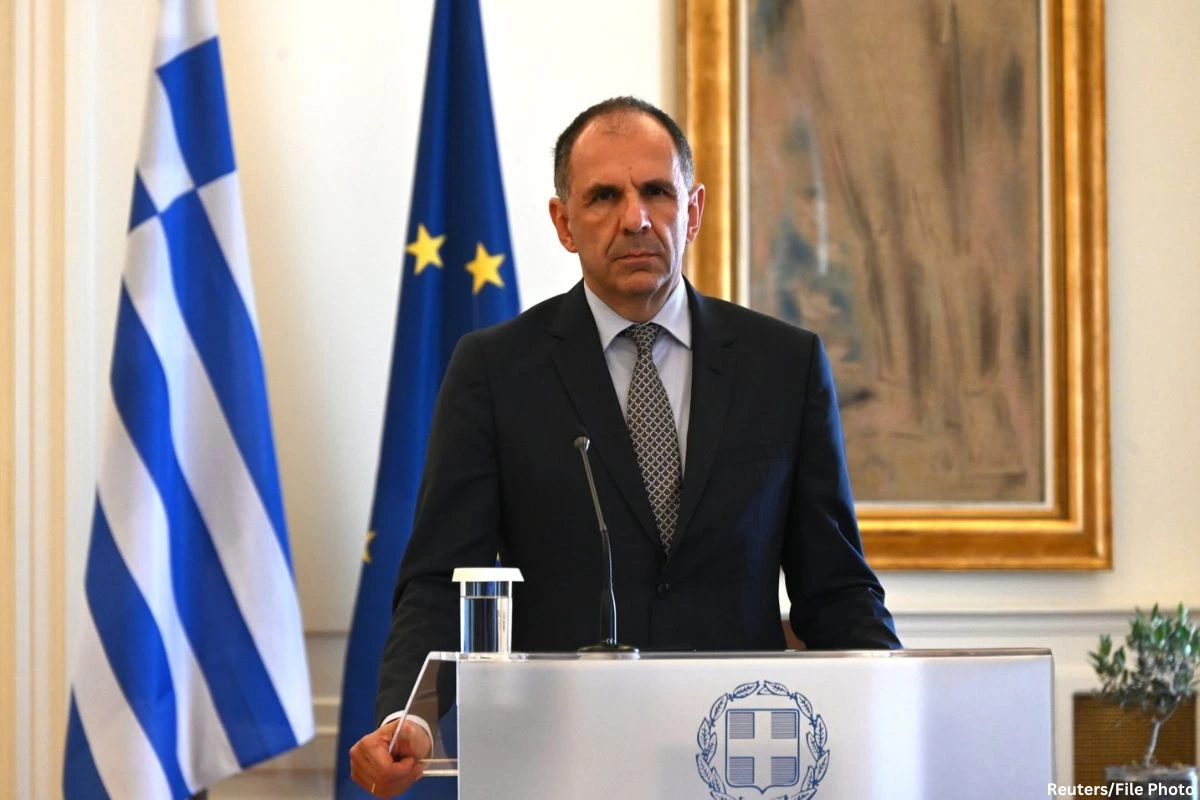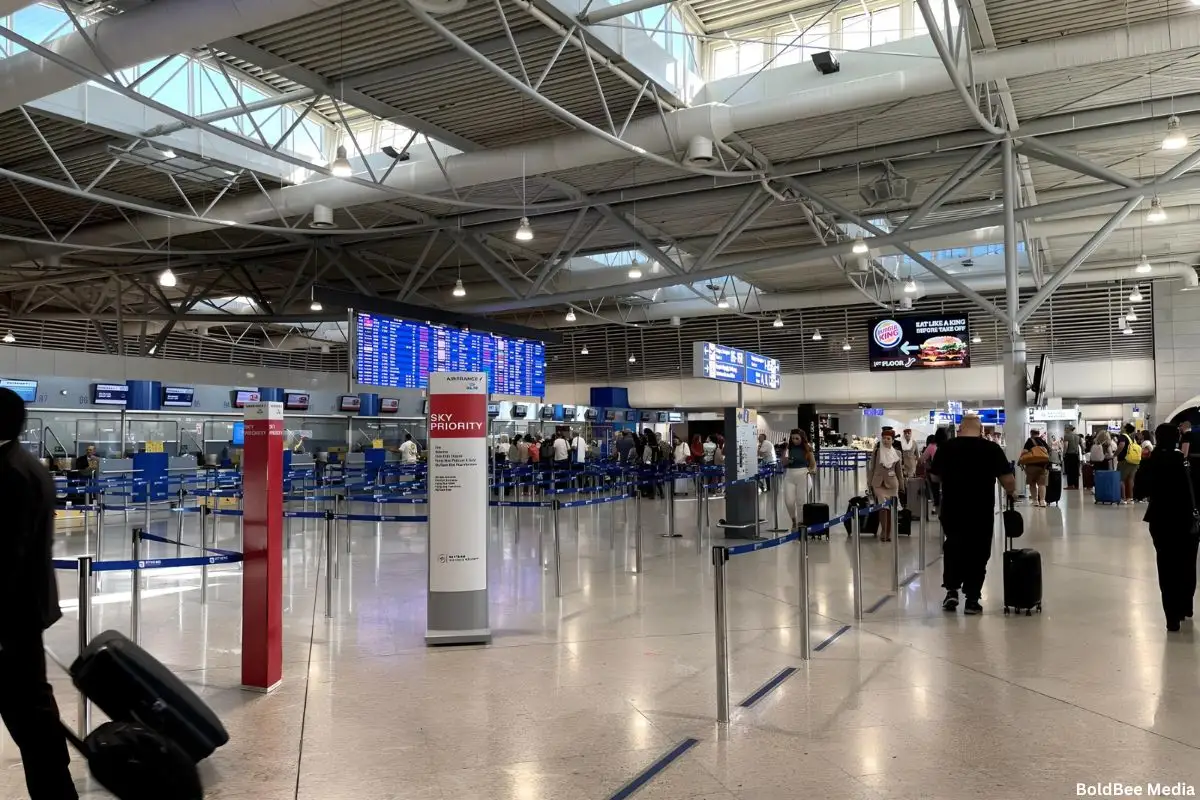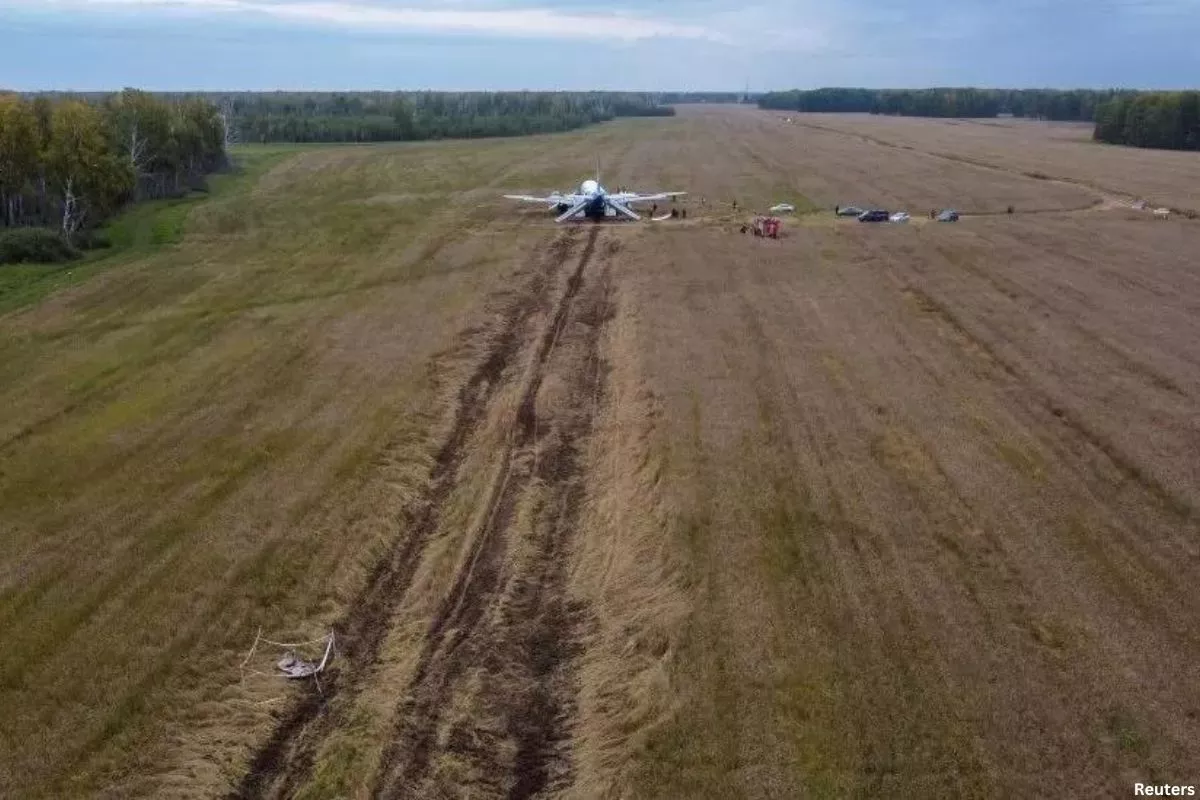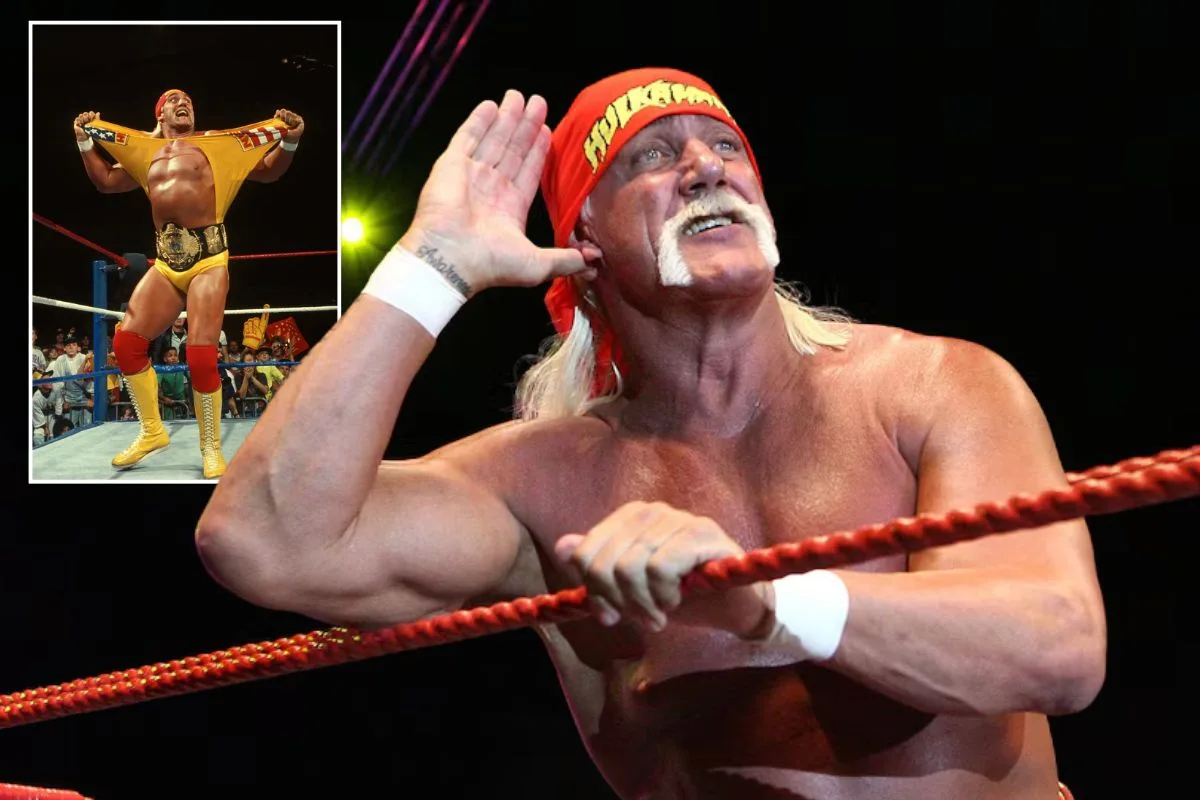Ukraine has officially changed its Christmas Day state holiday from 7 January to 25 December in a move aimed at breaking ties with Russia and embracing Western traditions. President Volodymyr Zelensky signed the parliamentary bill into law, which seeks to “abandon the Russian heritage of imposing Christmas celebrations on the country.”
Over the years, Ukraine has been gradually cutting religious, cultural, and other connections with Russia, particularly after the full-scale invasion by Russia in 2022. President Zelensky’s recent action marks another step in distancing the nation from its north-eastern neighbor and aligning itself with the West.
The legislation not only shifts the Christmas celebration to 25 December but also moves two other state holidays: Day of Ukrainian Statehood, now observed on 15 July instead of 28 July, and Defenders’ Day, which commemorates armed forces veterans, now celebrated on 1 October instead of 14 October.
For centuries, Ukraine had struggled under the influence of imperial Russia and the Moscow-dominated Soviet Union, including the control exerted by the Russian Orthodox Church over Ukrainian churches. However, in 2019, the Orthodox Church of Ukraine (OCU) gained independence from the Ecumenical Patriarch Bartholomew, leading to tensions with the Russian Orthodox Church (ROC), which supports President Putin’s invasion of Ukraine.
The Orthodox Church of Ukraine has now adopted the Gregorian calendar, used in most parts of the world, switching from the Julian calendar and aligning its Christmas celebration with the West. Many Ukrainian worshippers have joined the OCU, but a significant number still follow the Ukrainian Orthodox Church (UOC), another established branch with parishes across the country, which declared a split from Moscow in 2022.
Ukraine’s decision to change its Christmas celebration date is part of a broader trend of distancing itself from Russia. The country has undertaken various actions, such as renaming streets linked to Russian and Soviet historical figures and removing monuments, following Russia’s illegal annexation of Crimea in 2014. The move represents Ukraine’s efforts to assert its national identity and assert its independence from its former ruling power.
